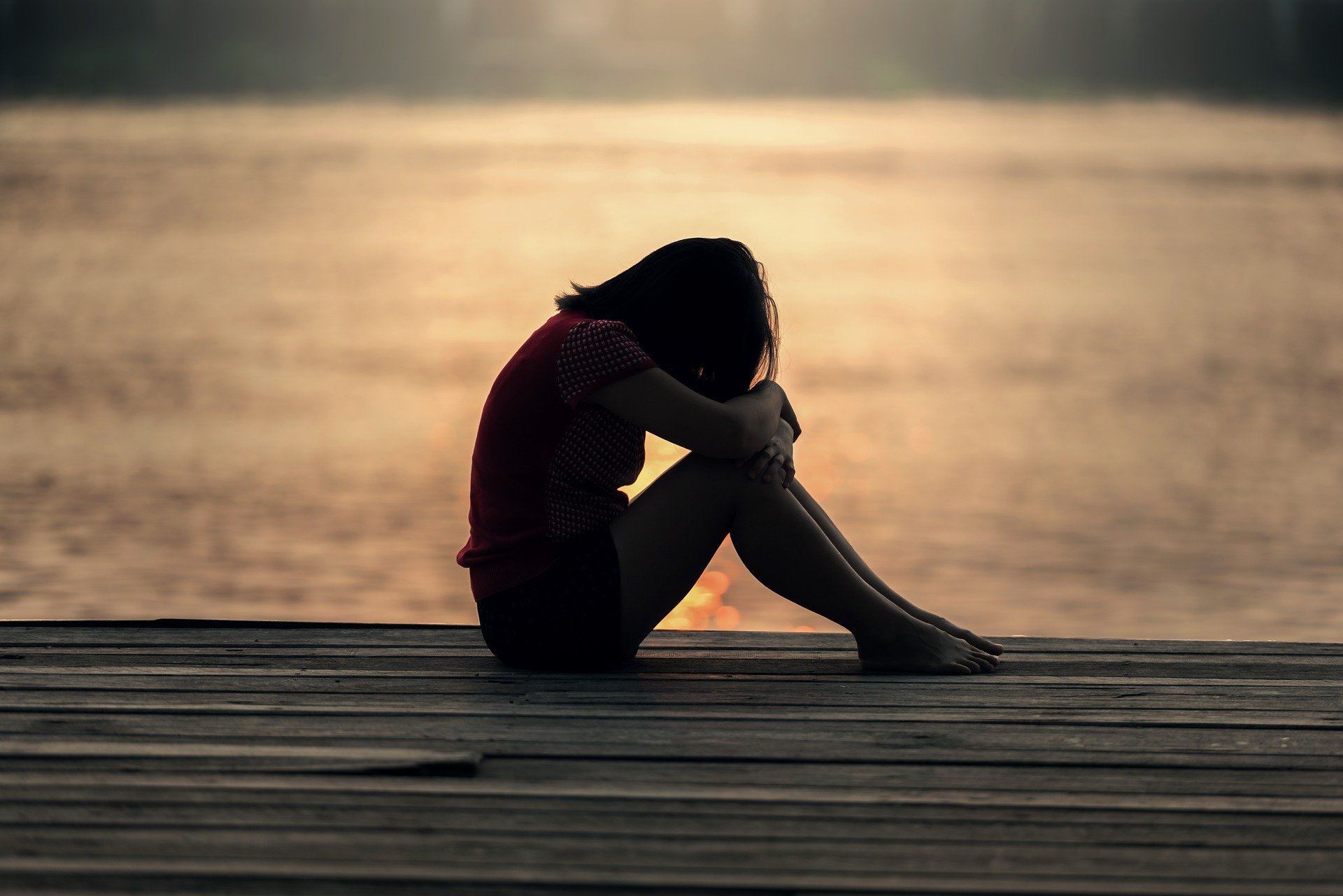Coping With Death During The Coronavirus Pandemic

Nearly 90,000 Americans have died of COVID-19.
Pixababy
It’s a striking irony that, during this pandemic, nearly 90,000 Americans have died of COVID-19, but the traditional way many of us mourn the passing of life isn’t an option for their friends and family.
What is it about a funeral or a last ceremony that so many of us feel drawn to?
To explore the question, WABE’s host of “All Things Considered,” Jim Burress, spoke to Atlanta author Kate Sweeney over the phone.
Sweeny has written the book, “American Afterlife: Encounters in the Customs of Mourning.”
Burress began by asking if there’s a time in history where we’ve had to learn to grieve all over again?
Something that’s perhaps different in this situation is the cause of death–this unseen virus–is impossible to distance oneself from.
Burress added, if you’re grieving the loss of a loved one, you’re reminded of not being able to say goodbye every time you consume news or go outside. Have we experienced anything like that before, Burress asked Sweeney?
Sweeney replied, “In the book, one thing I wrote about is something called ‘complicated grief.’ Which is this idea that researchers came up with following September 11. After researching survivors of those events, people who were surviving relatives — wives, sons, daughters — had to then see repeated coverage of those events. And according to the study people exhibited PTSD like systems that just didn’t get better over time. ”
Burress closed the conversation with a really broad question to Sweeney, he asked her, in her research, what did she find it is about saying goodbye to the dead–that closure–why is it so deep of a need for us?
Sweeney was a longtime presence on-air at WABE.







